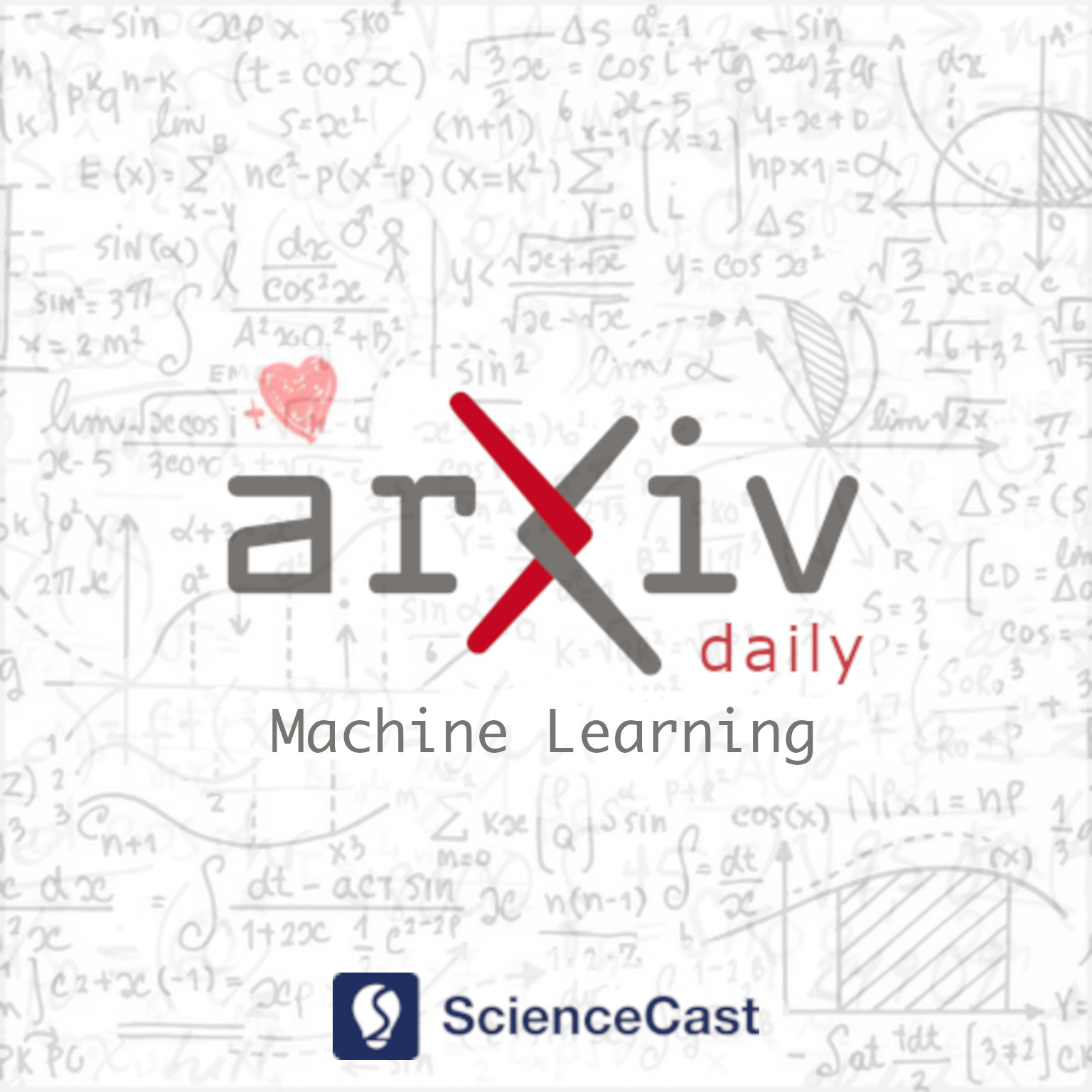
Machine Learning (stat.ML)
Wed, 26 Jul 2023
1.MCMC-Correction of Score-Based Diffusion Models for Model Composition
Authors:Anders Sjöberg, Jakob Lindqvist, Magnus Önnheim, Mats Jirstrand, Lennart Svensson
Abstract: Diffusion models can be parameterised in terms of either a score or an energy function. The energy parameterisation has better theoretical properties, mainly that it enables an extended sampling procedure with a Metropolis--Hastings correction step, based on the change in total energy in the proposed samples. However, it seems to yield slightly worse performance, and more importantly, due to the widespread popularity of score-based diffusion, there are limited availability of off-the-shelf pre-trained energy-based ones. This limitation undermines the purpose of model composition, which aims to combine pre-trained models to sample from new distributions. Our proposal, however, suggests retaining the score parameterization and instead computing the energy-based acceptance probability through line integration of the score function. This allows us to re-use existing diffusion models and still combine the reverse process with various Markov-Chain Monte Carlo (MCMC) methods. We evaluate our method on a 2D experiment and find that it achieve similar or arguably better performance than the energy parameterisation.
2.Toward Design of Synthetic Active Inference Agents by Mere Mortals
Authors:Bert de Vries
Abstract: The theoretical properties of active inference agents are impressive, but how do we realize effective agents in working hardware and software on edge devices? This is an interesting problem because the computational load for policy exploration explodes exponentially, while the computational resources are very limited for edge devices. In this paper, we discuss the necessary features for a software toolbox that supports a competent non-expert engineer to develop working active inference agents. We introduce a toolbox-in-progress that aims to accelerate the democratization of active inference agents in a similar way as TensorFlow propelled applications of deep learning technology.